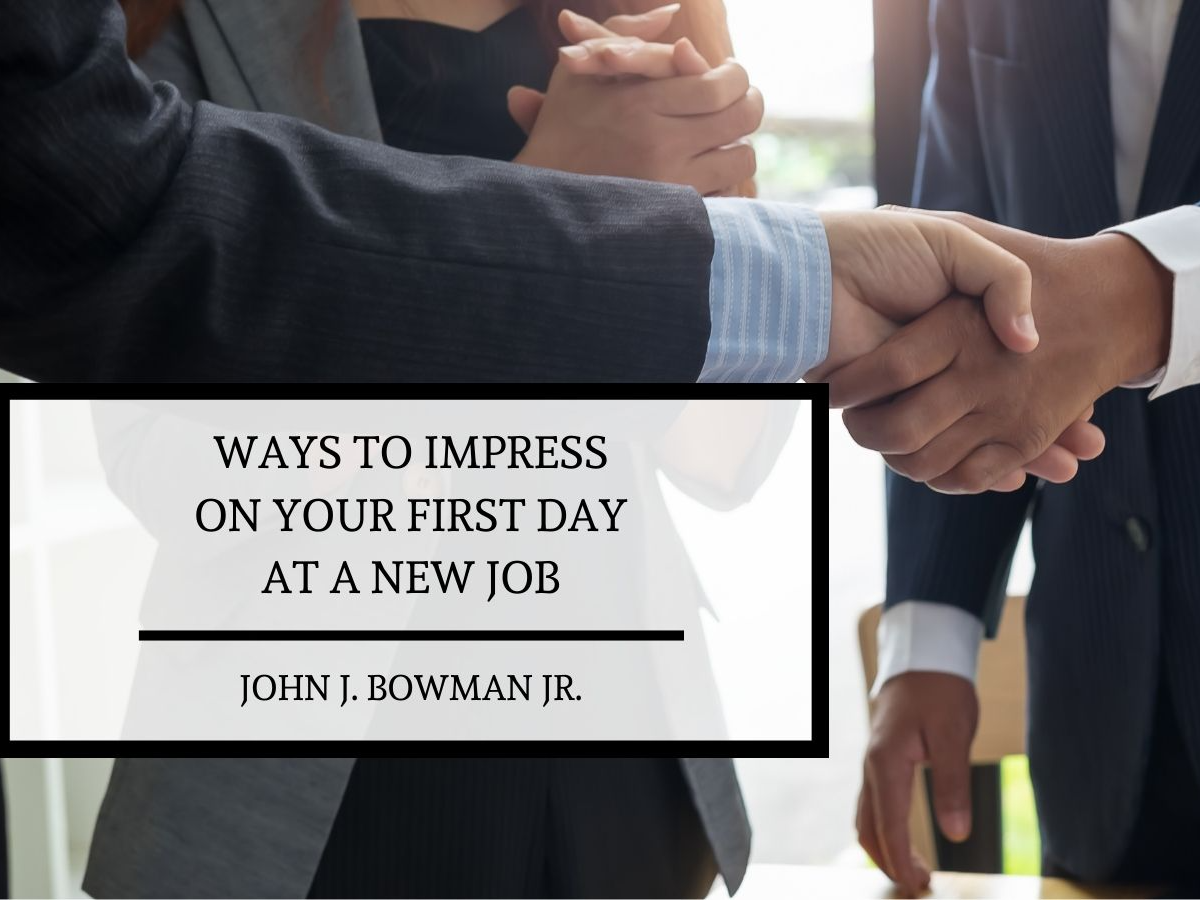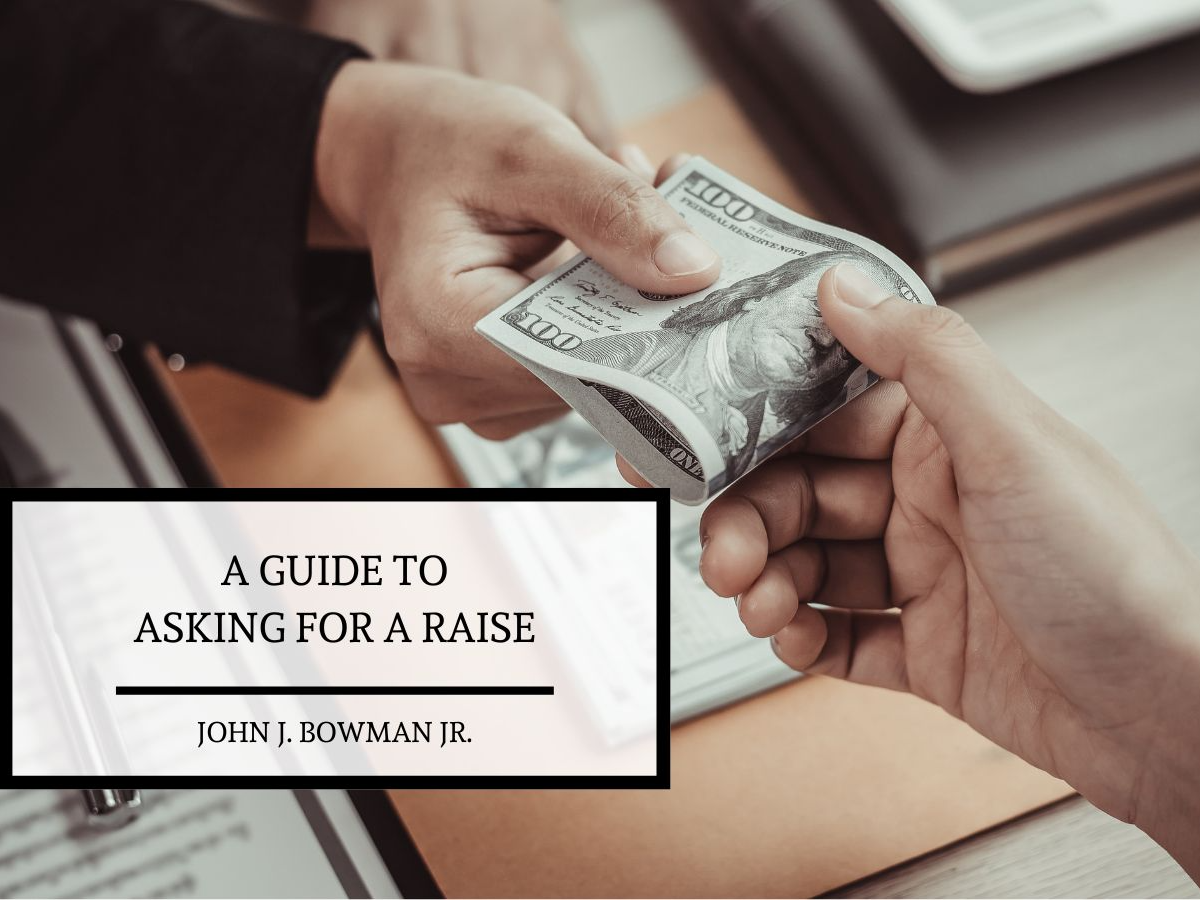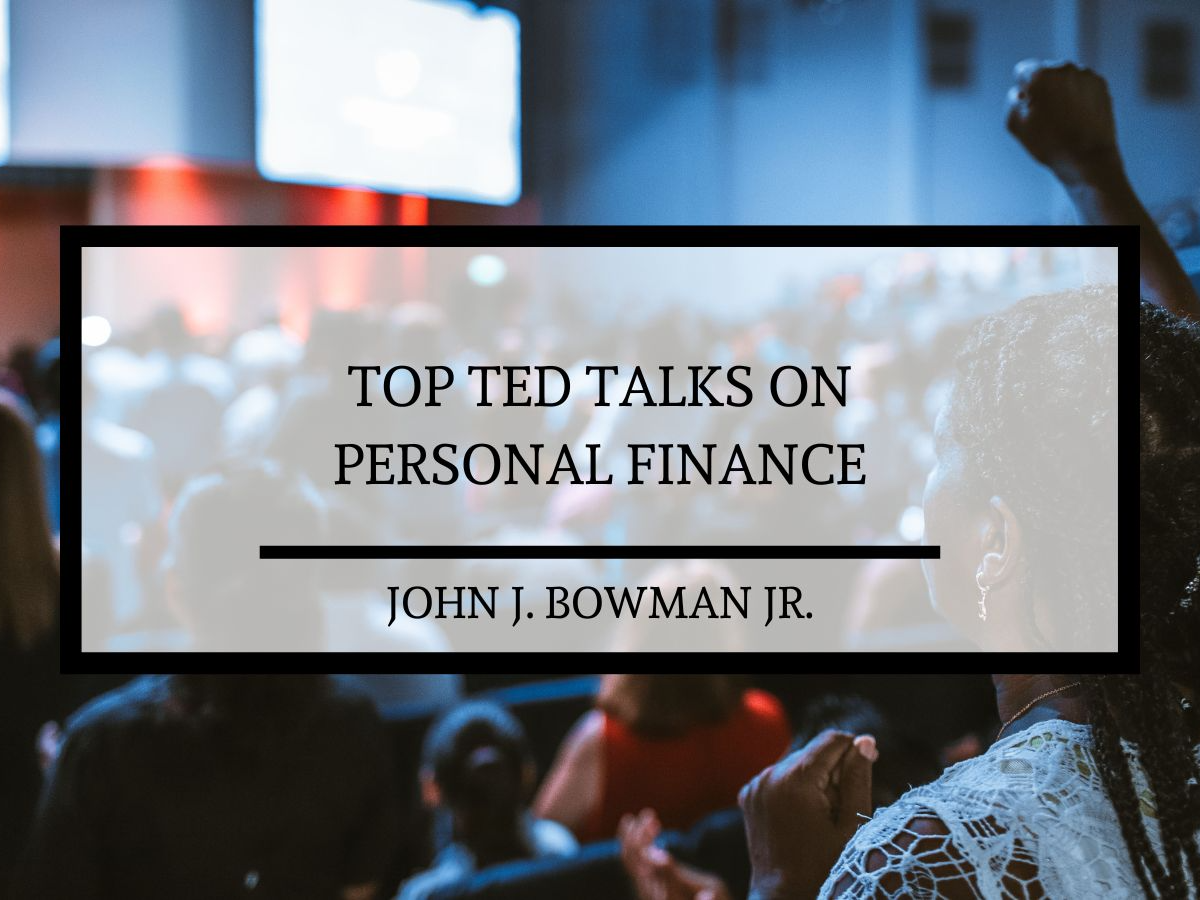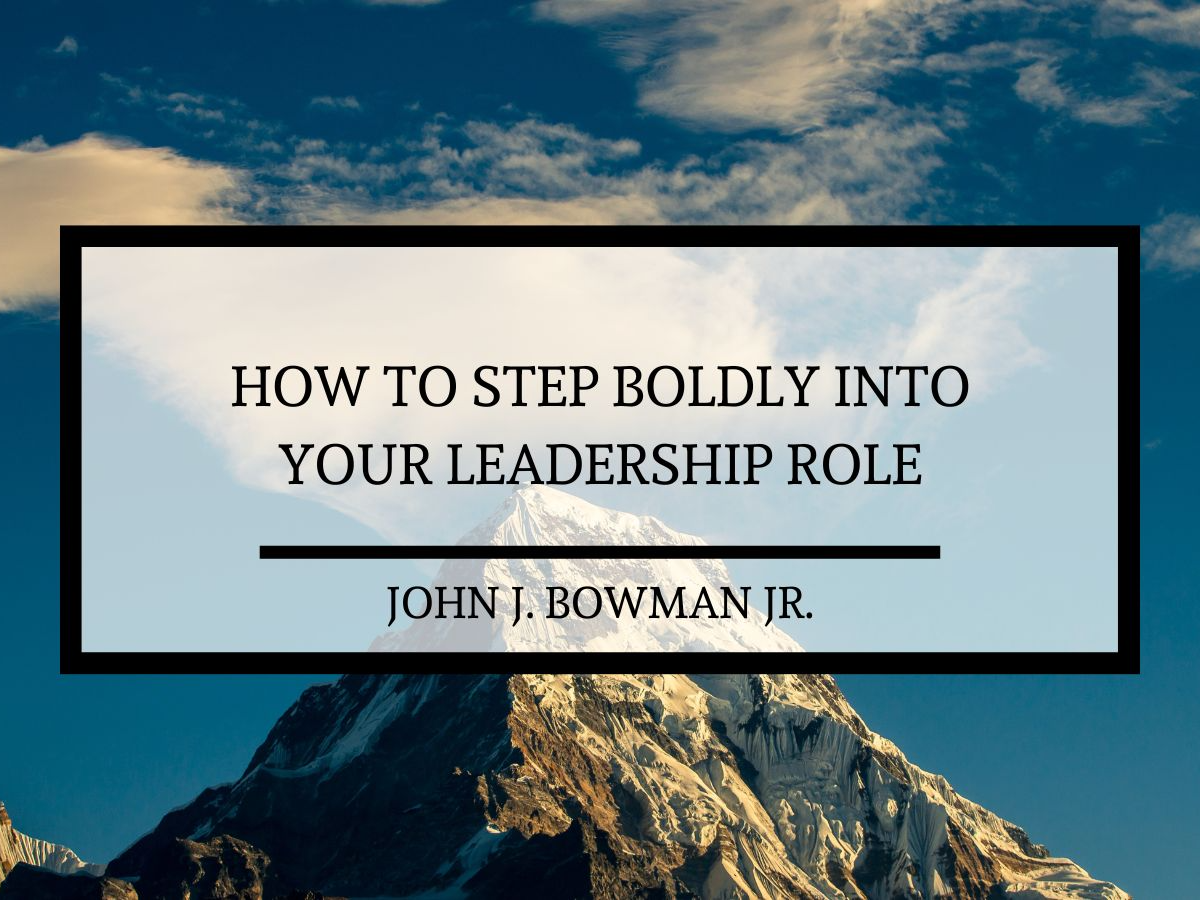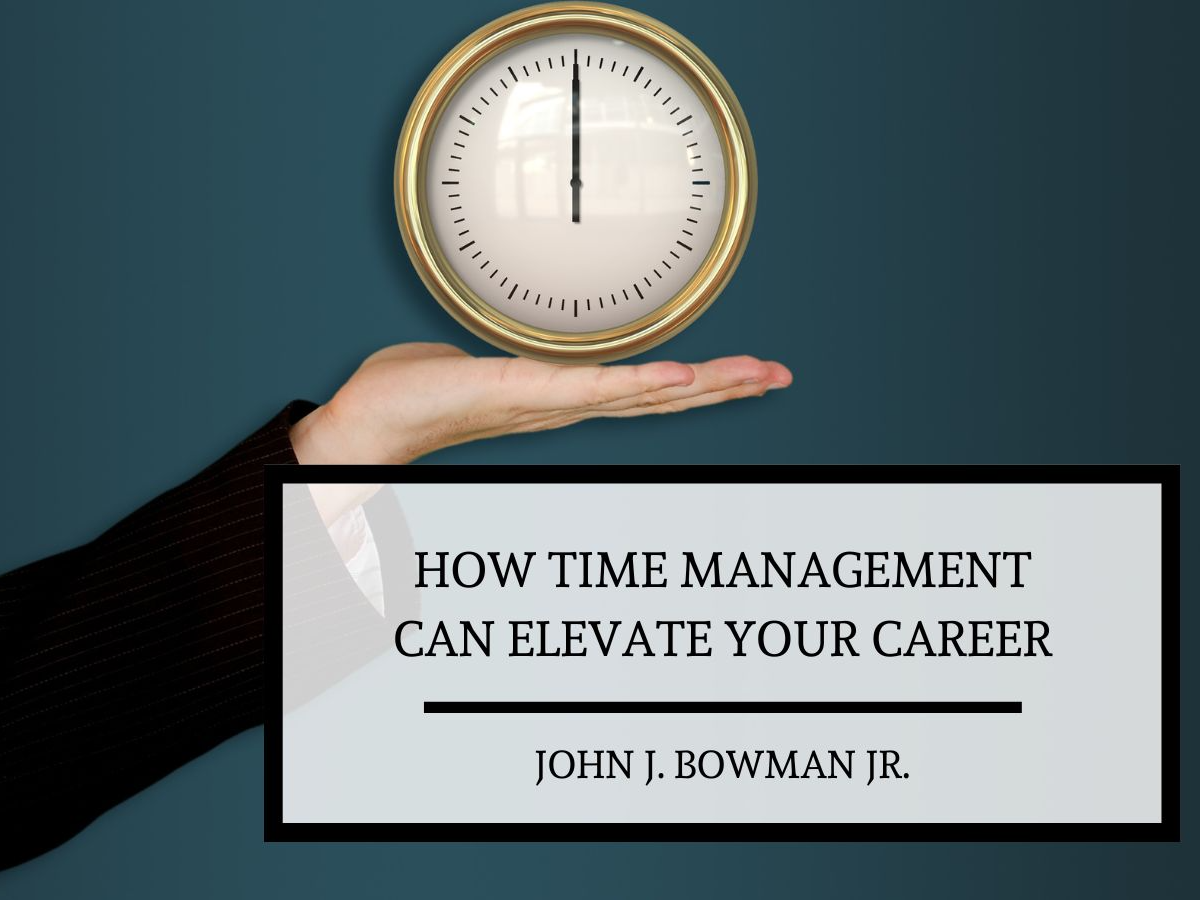Tips for Leading Gen Z in the Workplace

Individuals from various generations often have unique perspectives about the workplace. Employees from Generation Z don’t think the same way as Baby Boomers, Gen Xers, or Millennials. For this reason, business executives need to understand the experiences and motivations of Gen-Z workers as they join and move through the workforce. The youngest generation in the workforce today has an influence, and this article discusses the best ways to maximize their potential.
Contrary to popular belief, leaders should understand that Gen-Zers can catalyze strategic and cultural transformation. The organizations of leaders that fail to use Gen-Z’s capabilities are disadvantaged. Gen-Z will keep challenging the status quo. Generation Z is the first generation to demand what they see as significant in the workplace. This entails striving for more and refusing to settle. It also entails valuing mental health and having flexibility with working hours and vacation time. Gen-Z workers are often unattached to a particular function or business and see their employment as an opportunity to learn, develop, and grow. Leaders must be aware of this way of thinking to allow their team members to learn and experience new things constantly.
Expect to see an increase in creativity when Gen-Z employees join an organization. Compared to previous generations, Generation Z is more entrepreneurial, diverse, technologically aware, and independent. Like the Millennials who came before them, Gen-Z workers value work-life balance highly and take better care of their mental health than the Baby Boomers did.
Reverse mentoring may help leaders since Gen-Z employees also offer fresh insights into the workplace that they can learn from. Leaders must be curious and willing to learn from all team members, not just other established leaders. Gen-Z employees prioritize alignment and purpose as opposed to many other motivating variables that many executives are accustomed to. They are more aware of their needs, allowing for sincere and direct discussion. Use their example to encourage other workers to speak freely.
As an achievement-oriented group, leaders must be ready to lead Gen-Z via results. Check-ins and clear expectations for deliverables are consistent requirements. Weekly one-on-one sessions will help ensure they are on the right track and provide coaching opportunities. Gen-Z will not face toxic workplace environments, discrimination, a disconnect between management’s words and deeds, or work that won’t adapt to match their schedules. To create a safe work environment and reach expectations and commitments, leaders must speak with every team member and walk the talk by modeling the culture they want to see.
This article was originally published on WordPress.com.




